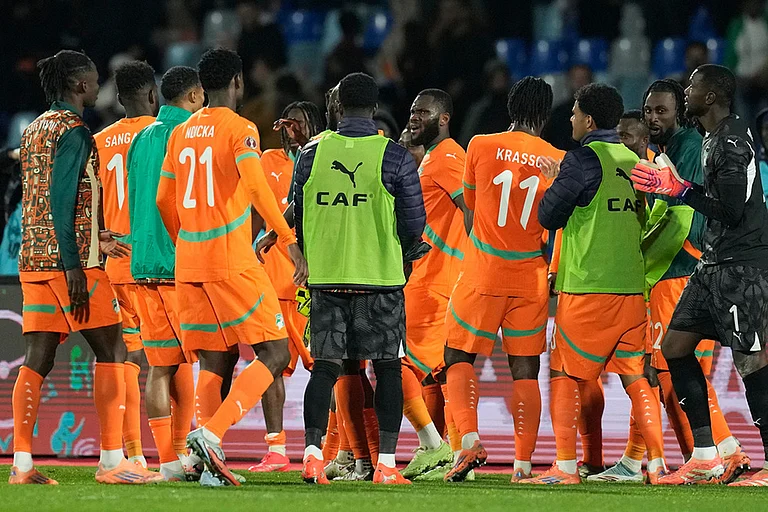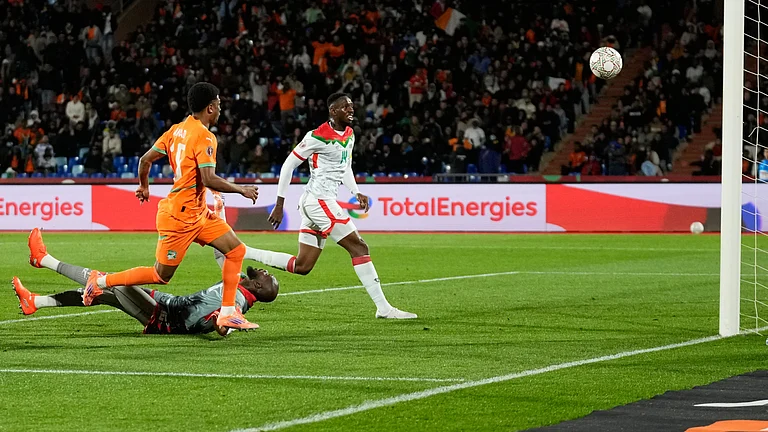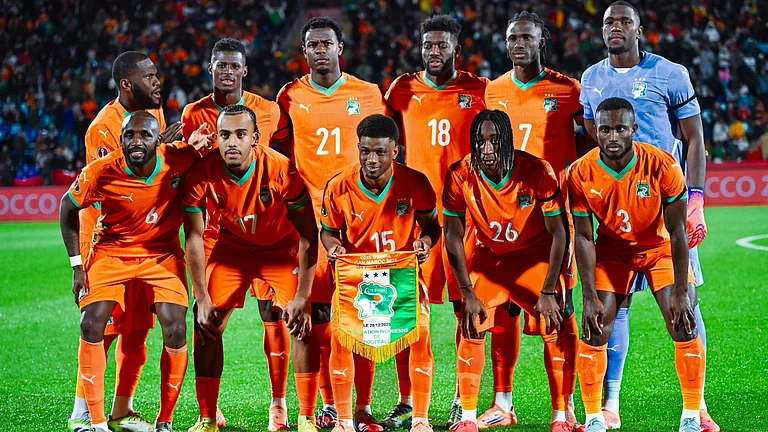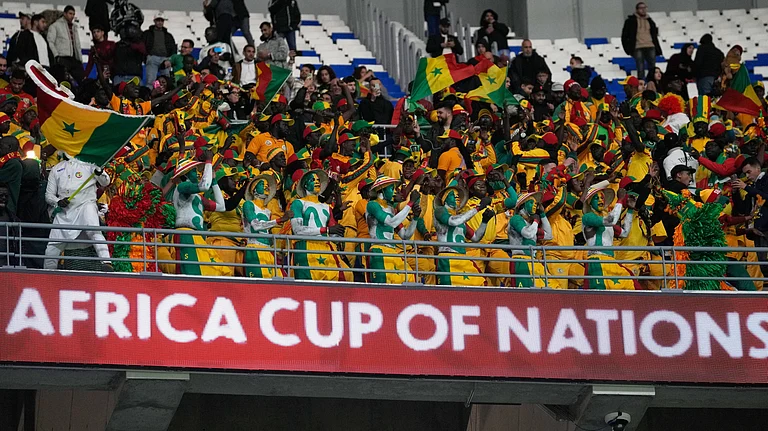
- Mali, Burkina Faso, and Niger have announced their withdrawal from the International Criminal Court, labeling it as a "neo-colonial" institution.
- The three countries criticized the ICC for its alleged ineffectiveness in prosecuting serious international crimes.
- This decision reflects a broader shift in the Sahel region, where military-led governments are distancing themselves from Western alliances and seeking closer ties with Russia.
In a significant move, the military-led governments of Mali, Burkina Faso, and Niger have announced their withdrawal from the International Criminal Court (ICC), denouncing it as an "instrument of neocolonial repression." This decision marks a notable shift in the geopolitical landscape of West Africa's Sahel region, which has experienced multiple coups between 2020 and 2023.
In a joint statement, the three countries criticized the ICC for its alleged failure to effectively prosecute war crimes, crimes against humanity, genocide, and crimes of aggression. They expressed a desire to establish indigenous mechanisms for peace and justice within the region. The withdrawal process from the ICC, headquartered in The Hague, is expected to take at least a year to complete.
This move follows the formation of the Alliance of Sahel States (AES) by the three nations, which have distanced themselves from Western alliances and sought closer ties with Russia. The AES has previously criticized the ICC as a tool serving foreign geopolitical interests, and this withdrawal aligns with their broader efforts to assert regional sovereignty and develop alternative legal frameworks.
The ICC, established in 2002, is the world's first permanent international court tasked with prosecuting individuals for the most serious offenses of international concern. The court has faced criticism over the years for its focus on African nations, leading to accusations of bias and neocolonialism.
The withdrawal of Mali, Burkina Faso, and Niger from the ICC represents a significant development in the ongoing reconfiguration of international relations in the Sahel region. It underscores the growing sentiment among some African nations to seek greater control over their legal and political affairs, challenging traditional Western-dominated institutions.


























